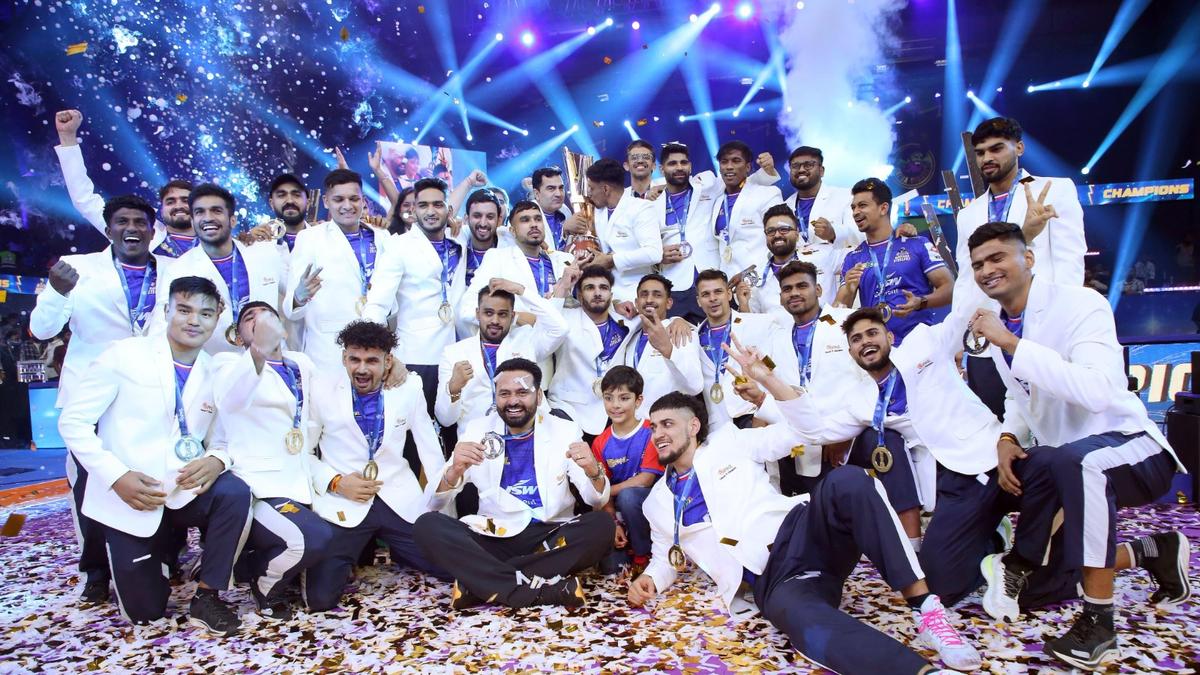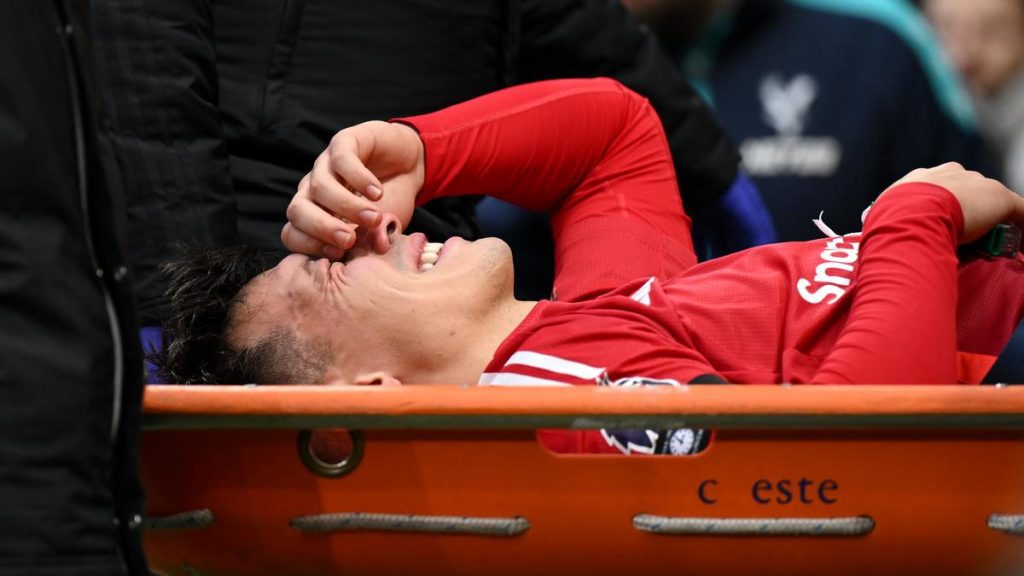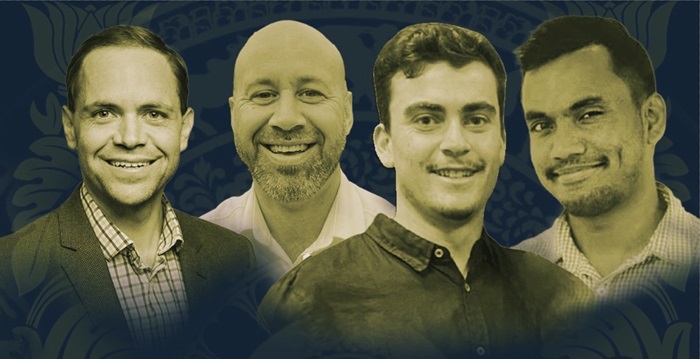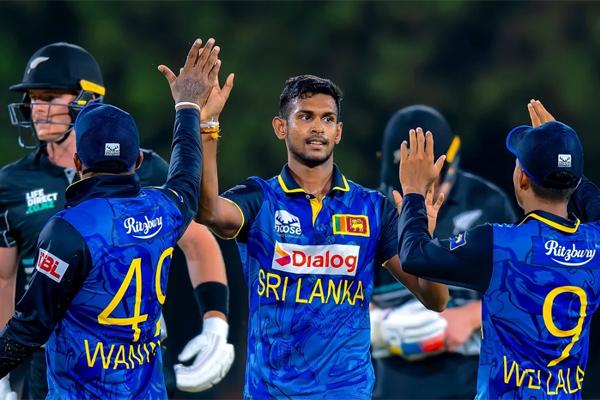Haryana Steelers claims maiden title, but PKL’s real winner is competitiveness


Haryana Steelers claims maiden title, but PKL’s real winner is competitiveness
Nine months after losing the Pro Kabaddi League (PKL) 10 final to Puneri Paltan, the Haryana Steelers finally got its hands on the coveted trophy by defeating the Patna Pirates in the season 11 summit clash in Pune.
The packed Shree Shiv Chhatrapati Sports Complex in Balewadi roared as coach Manpreet Singh guided the Steelers to their maiden PKL title. This victory stands as a testament to the resounding success of a system dedicated to fostering athletic excellence through cutting-edge technology and unwavering support, year after year.
The JSW-owned team’s triumph continues the recent trend in the PKL, where the league topper emerges as champion. It also underscores the team’s consistency and desire to improve each season. The Steelers retained much of their squad from the previous season and added dynamic all-rounder Mohammadreza Chiyaneh Shadloui to their playing seven. Chiyaneh, who was with Paltan last season, not only retained his title as the best defender but also claimed the MVP award for his all-round performance.
A core of homegrown talent, including Vinay, Rahul Sethpal, Shivam Patare, Sanjay Dhull, and skipper Jaideep Dahiya – all nurtured within the Steelers’ system – brought a unique cohesion to their play. Known for their defensive solidity, the Steelers combined aggression and precision in both defence and attack this season.
“This team has grown together over the last few years. The NYP (New Young Programme) has been our priority. Most of our players are scouted and developed by us. Jaideep (Dahiya) joined us as an NYP four years ago, and now he’s our title-winning captain. IIS (Inspire Institute of Sport) also plays a crucial role in helping players reach their full potential. It provides them with access to world-class training facilities, sports science expertise, and comprehensive support in nutrition and medicine,” Steelers’ CEO Divyanshu Singh told Sportstar after the final.
This victory also marks a significant milestone for Manpreet, who had previously experienced heartbreak in three PKL finals as a coach with both Gujarat Giants (formerly Gujarat Fortune Giants) and the Steelers. Finally, the former Indian all-rounder achieved victory against a team he once captained to a PKL title in Season Three.
While the Pirates, with three titles to their name, failed in their bid for a fourth championship, their presence in the final reflects the league’s growing success in developing a new generation of talented players.
Led by former Indian Armed Forces coach Narender Redhu, the Pirates refrained from acquiring big names at the auction, instead focusing on scouted talent. Despite being underestimated early on, the team exceeded expectations, comfortably making the playoffs and reaching the final.
The young raiding duo of Devank Dalal – in his third PKL season – and Ayan Lohchab – featuring in his maiden campaign – captivated audiences and pundits alike. Devank became only the third raider in PKL history to accumulate over 300 raid points in a single season.
However, Redhu was immediately dismissed following the team’s failure to win the trophy, a stark reminder of the cutthroat nature of franchise leagues.
This season saw a marked increase in competitiveness, with 11 of the 137 matches ending in a draw, and over 40 matches decided in the final minute, including both semifinals.
Before the Pune leg, only six points separated the second and seventh-placed teams in the league table. Indeed, the league stage of this edition was one of the closest in PKL history, with only one side assured of playoff qualification before the final matches.
One reason for this renewed competitiveness was the league’s decision to abandon the original 12-city caravan format in favour of a three-city model for Season 11. This reduced travel for players and allowed them to focus more on their game and recovery.
“We wanted to make it work as efficiently as possible, particularly to reduce travel time and fatigue for the squads. Whatever we do should resonate with as many fans as possible, so we strategically chose three locations that were significant for all 12 PKL teams,” said PKL commissioner Anupam Goswami after the Hyderabad leg.
Three teams struggled this season. Bengaluru Bulls, once a trailblazer in the league, looked a shadow of its former self. Despite having the league’s most successful player, Pardeep Narwal, the team managed only two wins from 22 matches and finished at the bottom of the table. Long-serving coach Randhir Singh Sehrawat was left searching for answers.
Bengal Warriorz and Gujarat Giants also endured disappointing campaigns, with the latter parting ways with coach Ram Maher Singh after the league stage.
Telugu Titans, which had finished at the bottom for three consecutive seasons, showed remarkable fighting spirit. Despite losing star raider and Indian captain Pawan Sehrawat to injury, seasoned campaigner Vijay Malik stepped up, leading the team to the verge of playoff qualification. However, the Krishan Kumar Hooda-coached side fell short of the top six.
Defending champion Puneri Paltan, which topped the points table after the Hyderabad leg, was derailed by an injury to skipper and last season’s MVP, Aslam Inamdar. Leadership issues, squad discord, and poor results followed. Coach B.C. Ramesh was dismissed, and PKL icon Ajay Thakur was brought in as an assistant coach under mentor Ashok Shinde, but the team still failed to qualify for the playoffs.
The league’s international aspirations were highlighted by the ‘PKL Melbourne Raid’, an exhibition event held in Australia during the playoff rest day. However, in the tournament itself, only 22 foreign players from six nations participated, with 16 of them from Iran. Notable international stars like South Korea’s Jang Kun Lee and Nepal’s Ghanshwam Roka Magar saw limited action.
This comes amidst the International Kabaddi Federation’s (IKF) ban on India’s participation in international tournaments due to the suspension of the Amateur Kabaddi Federation of India (AKFI). The IKF’s decision stemmed from governance issues within the AKFI.
As the 11th season concludes, hopes remain high that the league will bridge the rift between the AKFI and IKF, paving the way for a more inclusive and global future for kabaddi.










